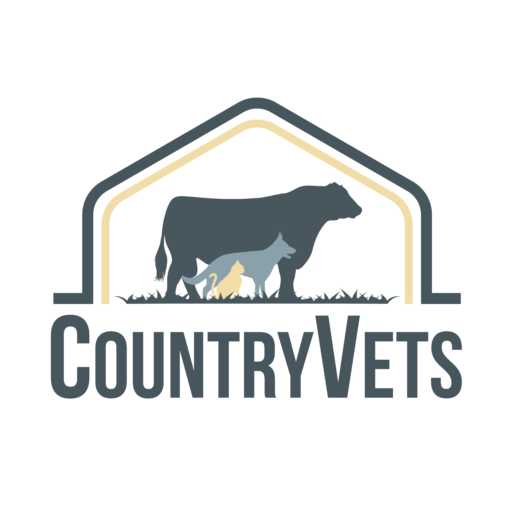FAQs
Our veterinary staff does not consider any question to be too small. Here are some of the answers to the questions we get asked most frequently.
What are your hours?
Our clinic is open from 7:30 AM to 5:30 PM, Monday through Friday. Please get in touch with Horton Discovery or the University of Missouri Veterinary Health Center for after-hours care.
Do you do after hour emergency care?
We don’t have enough personnel on hand right now to be able to offer emergency after-hours care. In order to better serve our clients in the future, we intend to look into after-hours phone contact possibilities.
Do you work on horses?
What forms of payment do you accept?
We accept cash, all major credit cards, and Scratchpay.
Do I need to make an appointment?
Yes, our veterinarians see patients by appointment only. If you feel that your pet needs veterinary care and you have not scheduled an appointment previously, please contact us so we can assist you and your animal.
Why should I vaccinate my pet?
Is it REALLY necessary to give my cat or dog flea, tick, and heartworm prevention year-round?
I have a question for the vet, can I just speak with the doctor?
In order to be efficient and assist in serving as many patients as possible, our clinic adheres to an appointment and surgical schedule because we understand how valuable our doctor’s time is. Our doctors’ schedules get pushed back when they take calls during the day, which underserves the patients and clients we have in the clinic. We have a superb support staff that can answer your questions, return your call, and provide advice.
What is a Veterinary Client Patient Relationship and why is it important?
Veterinary Client Patient Relationship (VCPR) is a term used by the Veterinary Profession to describe the level of care given by a veterinarian. The requirements to maintain one generally require that:
- The veterinarian has examined the animal in person within the last 12 months;
- The owner has given the veterinarian permission to provide treatment;
- The veterinarian has sufficient knowledge of the animal’s condition to make diagnosis and treatment recommendations;
- The owner is reasonably available to follow up on treatment recommendations;
- The veterinarian and owner have a mutual understanding of the goals of care.
A Veterinary Client Patient Relationship (VCPR) exists when all of these criteria are met.
The VCPR is important because it allows your veterinarian to provide the best possible care for your animal. This includes discussing all options for treatment, as well as diagnostic and preventive measures that may be recommended. It also allows your veterinarian to prescribe medications or other treatments, as needed.
At CountryVets, we value the Veterinary Client Patient Relationship and work hard to build trust and rapport with our clients and their animals. We understand that your pet is an important member of your family.
Why is the clinic not open during evenings and weekends?
We do not currently have the staff to support additional hours. In order to enhance weekend and evening hours, it is important for us to be able to expand and hire more support staff as soon as possible.
What animals do you work on?
Does your clinic do house or farm calls?
Our on-farm services now cater to larger cattle groups. At our brand-new livestock haul-in facility, smaller herds of cattle and small ruminant services will be offered.
Do you offer payment plans?
Payment is due at the time of service. For large surgical procedures, we require half of the high end of the estimate down at the time the patient is dropped off for the service and the remaining balance when the patient is picked up. We do partner with CareCredit for payment options to spread out your payments over time.
Do you offer boarding, grooming, or daycare?
Do you require my pet to be vaccinated to be seen?
For the safety of our staff, your pet must be current on their rabies vaccine to be seen and treated at our facility. This includes routine nail trim and anal gland appointments. If your pet did not receive their rabies vaccines at our clinic, please send us a copy of the rabies certificate for our files at info@countryvets.net or bring in a copy of the certificate at the time of your appointment. For your pet’s health and safety, other core vaccines will also be recommended by the veterinarian depending on the lifestyle of your pet.
My pet had this problem a month ago, can’t I just get the same medication?
It depends on the problem, but most likely, we are going to require your pet to be seen again, even if they were diagnosed and treated for the same medical condition recently. Some medical conditions look similar, and by assuming it is the same condition, we may not be treating your pet appropriately. Certain medications may also result in resistance which can cause a lack of response or, worse, a more severe problem if given too frequently or inappropriately. An exam to ensure proper diagnosis is what is best to keep your pet healthy for years to come.
